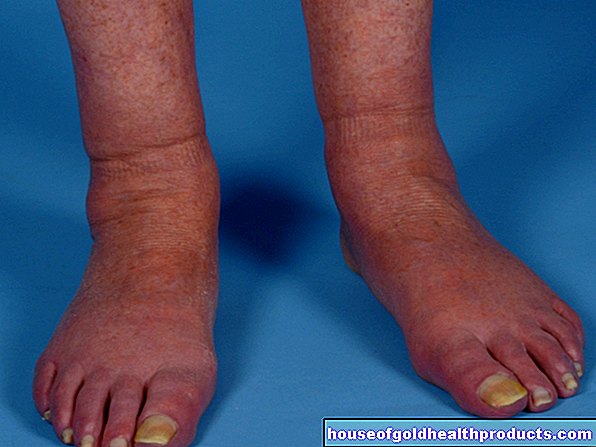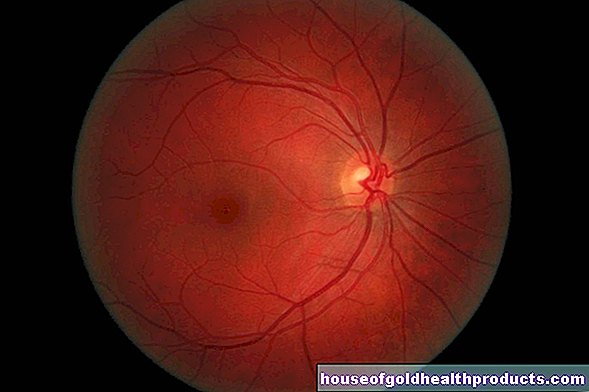Diabetes: The psyche also needs help
All content is checked by medical journalists.MunichCounting calories, measuring blood sugar, injecting insulin - diabetes but also obesity demand a high level of discipline and motivation from those affected. Some are overwhelmed with it - and slide into depression. But there is help.
Against human nature
More and more people are obese or have diabetes - often in a double pack. The treatment demands a lot from the patient: "You have to accept sacrifices and restrictions," explains Dr. Andrea Benecke from the University of Mainz, "and that's a problem." Because those affected would have to decide again for something negative every day, because curbing yourself while eating or injecting insulin is not particularly pleasant. "This does not correspond to human nature, which wants to have positive experiences immediately," says the psychodiabetologist.
Especially if, despite all efforts, the pounds do not drop or the blood sugar climbs too high, frustration arises. Such experiences also have a demotivating effect, trigger feelings of senselessness, helplessness and failure, "says Benecke. In the long term, these can lead to depression or anxiety disorder.
Figures show that diabetes patients are twice as likely to experience depression as it is in the general population. Anxiety disorders are also increased by twenty percent. The psychological problems in turn have a negative influence on the success of the therapy: The blood sugar control does not work properly or the patients gain weight instead of weight loss.
Cracking negative thought patterns.
In order to prevent this and to strengthen motivation again, there are now special forms of psychotherapeutic treatment. In schema therapy, for example, the patient reveals negative beliefs that damage their self-esteem or question their competence. For example, “I can't manage to lose weight anyway.” Or: “I'm too stupid to get my blood sugar under control.” Thereafter, the therapist and patient change the unfavorable thought patterns so that the patient is able to become healthier Acquire behaviors.
The aim of acceptance and commitment therapy is to be able to better accept difficult life circumstances. "Mental and physical pain should be integrated into life instead of being combated," says Benecke. In both procedures, patients learn to achieve their goals in life with the disease - and not anyway. (cf)
Source: Press release of the German Diabetes Society, November 14, 2014
Tags: alcohol drugs news drugs






















.jpg)






